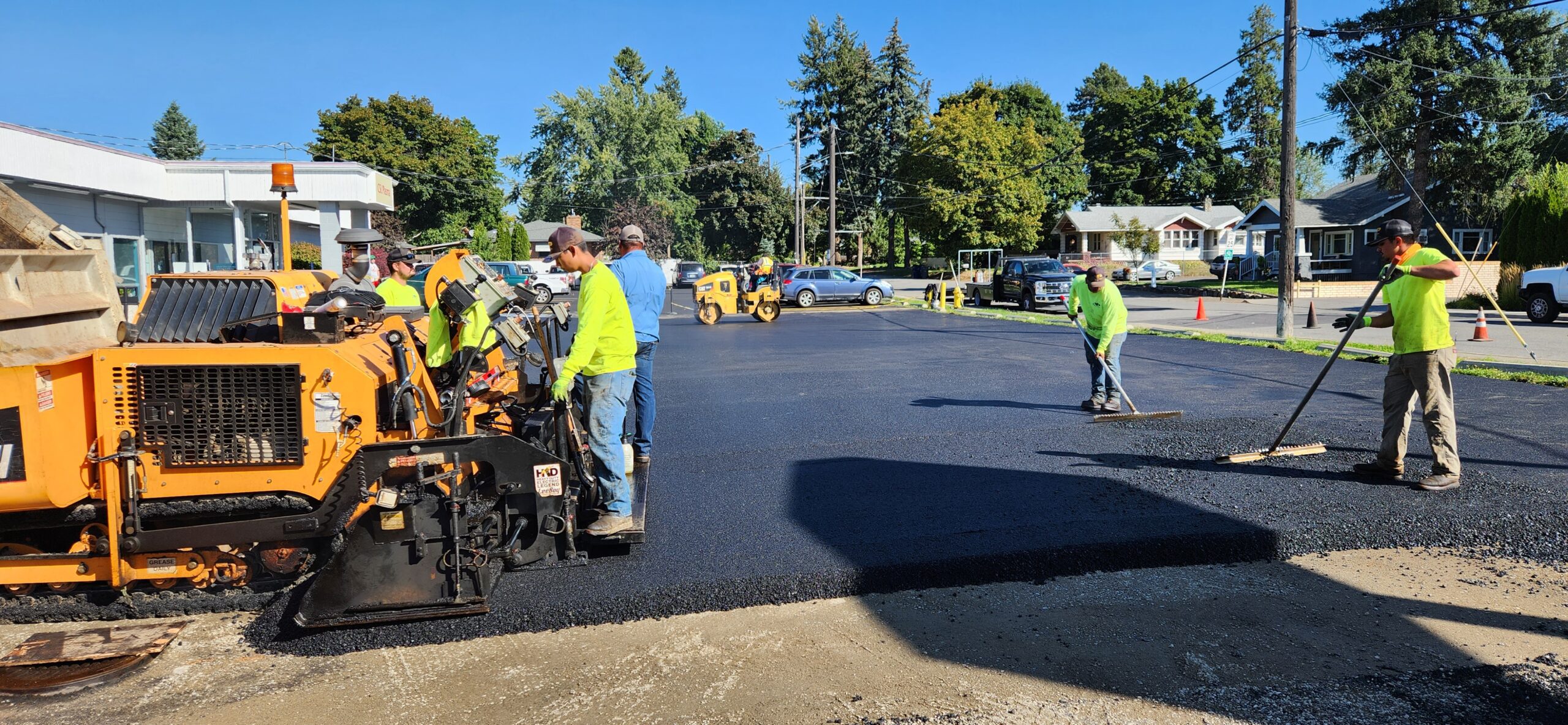Asphalt, a ubiquitous material in our urban landscapes, often finds itself at the center of various misconceptions. In this blog post, we aim to unravel the truth behind common myths surrounding asphalt paving and maintenance, providing clarity to homeowners, businesses, and anyone curious about the real facts beneath the pavement.
Myth 1: All Asphalt Is the Same
Reality: Asphalt is not a one-size-fits-all material. There are various types of asphalt mixes tailored for specific applications, climates, and traffic loads. The composition of asphalt can vary, influencing its durability, flexibility, and performance.
Myth 2: Asphalt Pavements Last Forever
Reality: While asphalt is durable and can withstand heavy loads, it is not invincible. Regular maintenance is crucial to extend its lifespan. Neglecting cracks, potholes, or sealcoating can lead to premature deterioration.
Myth 3: Asphalt Paving Is Harmful to the Environment
Reality: Asphalt is a recyclable material, and the industry has made strides in sustainability. Many asphalt mixes incorporate recycled materials, reducing the demand for new resources. Additionally, asphalt’s energy-efficient production contributes to its eco-friendly profile.
Myth 4: New Asphalt Shouldn’t Be Sealed Immediately
Reality: Sealcoating is a preventive measure that should be applied to new asphalt surfaces after they have cured. It provides a protective layer against harsh weather conditions, UV rays, and chemical exposure, ensuring the longevity of the pavement.
Myth 5: Cracks in Asphalt Are Purely Cosmetic
Reality: Cracks in asphalt are not just aesthetic concerns; they are signs of potential problems. Water can seep into cracks, causing structural damage, erosion, and, eventually, the formation of potholes. Prompt crack filling is essential to prevent further deterioration.
Myth 6: Asphalt Maintenance Is Costly and Inconvenient
Reality: Regular asphalt maintenance, including crack sealing and pothole repair, is a cost-effective strategy compared to extensive repairs or complete replacements. Neglecting maintenance can lead to more significant expenses and disruptions in the long run.
Myth 7: DIY Asphalt Repair Is as Good as Professional Service
Reality: While some minor maintenance tasks can be done by homeowners, professional asphalt services bring expertise, quality materials, and specialized equipment. DIY repairs may provide temporary solutions, but they often lack the durability of professional interventions.
Myth 8: Asphalt Is Not Recyclable
Reality: Asphalt is one of the most recycled materials in the world. Reclaimed Asphalt Pavement (RAP) is commonly used in new asphalt mixes, reducing the environmental impact and conserving natural resources.
Conclusion
Asphalt, often underappreciated, is a versatile and sustainable paving material when properly understood and maintained. Dispelling these common misconceptions is crucial for making informed decisions about asphalt installations and upkeep. By embracing accurate information, we can appreciate asphalt’s durability, environmental benefits, and the importance of proactive maintenance in preserving our paved surfaces for years to come. If you have any questions or concerns about asphalt, feel free to reach out to Asphalt Pros USA who can provide expert guidance tailored to your specific needs.


